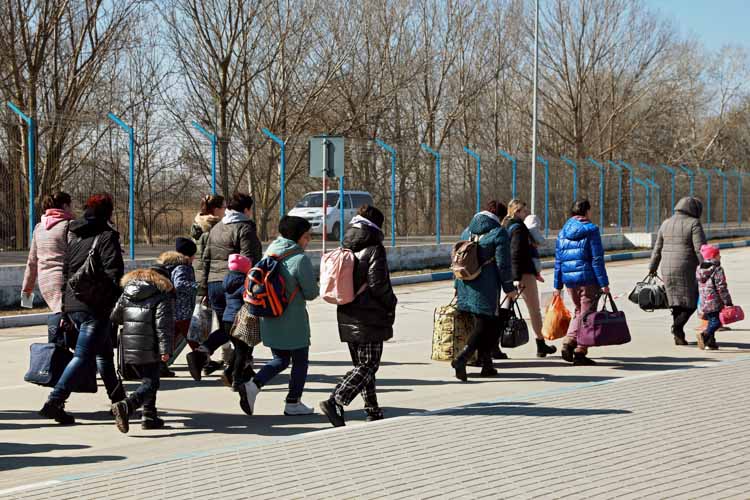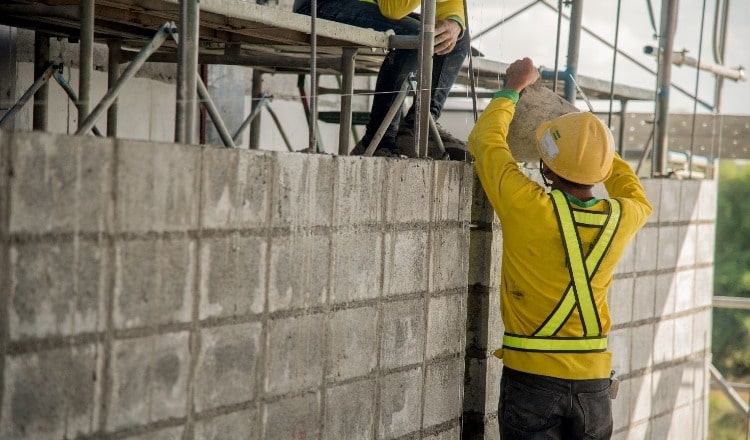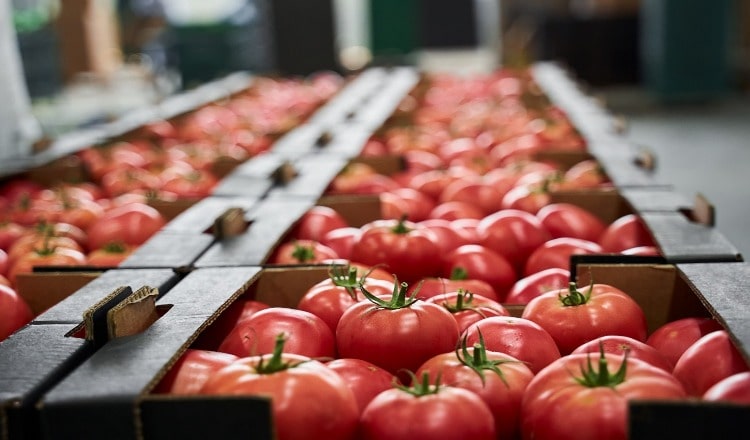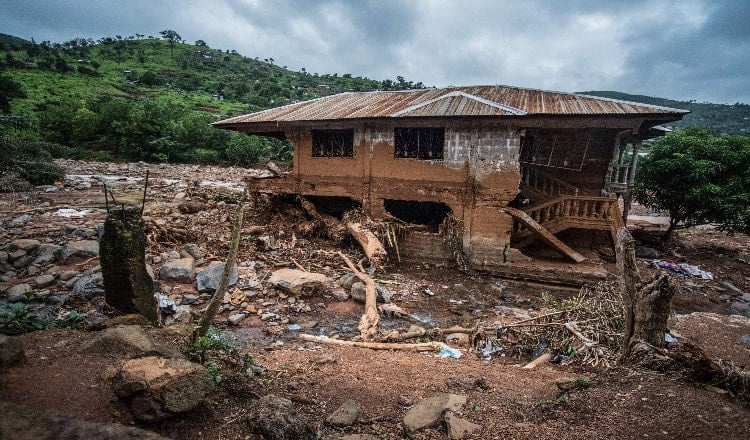World Cup 2022: the reality for migrant workers in Qatar
23 August 2022 In our latest blog, Eloise Savill, Private Sector Adviser, explains the reality of modern slavery in Qatar and the implications for Qatar hosting the World Cup 2022. Image credit: Sven Hansche via Shutterstock. In under three months’ time, the men’s FIFA World Cup 2022 – the most watched sporting event in the…










